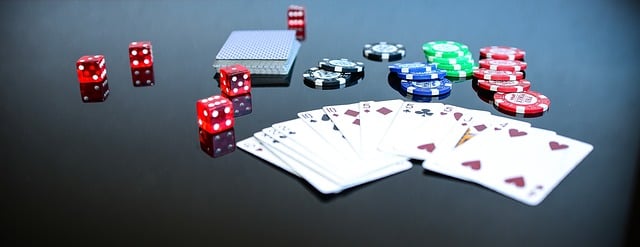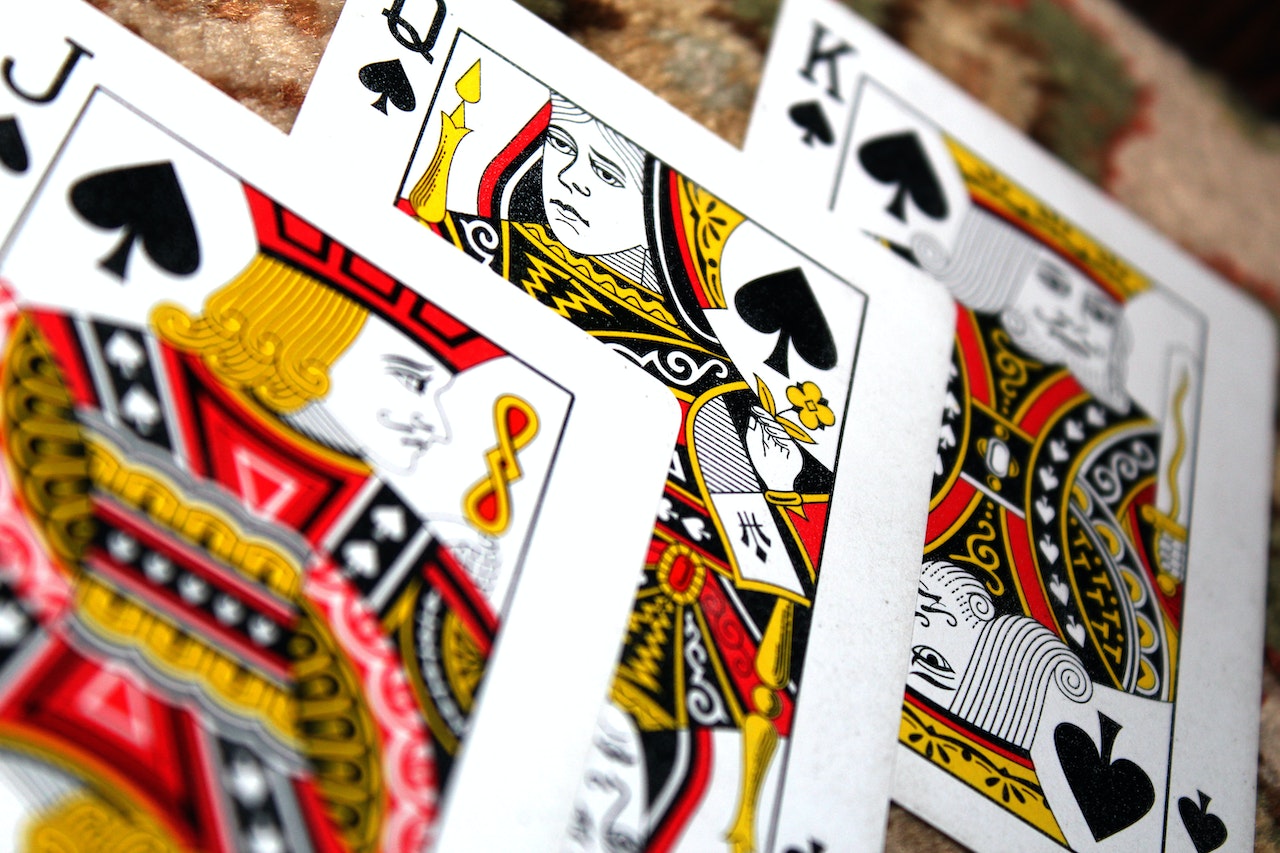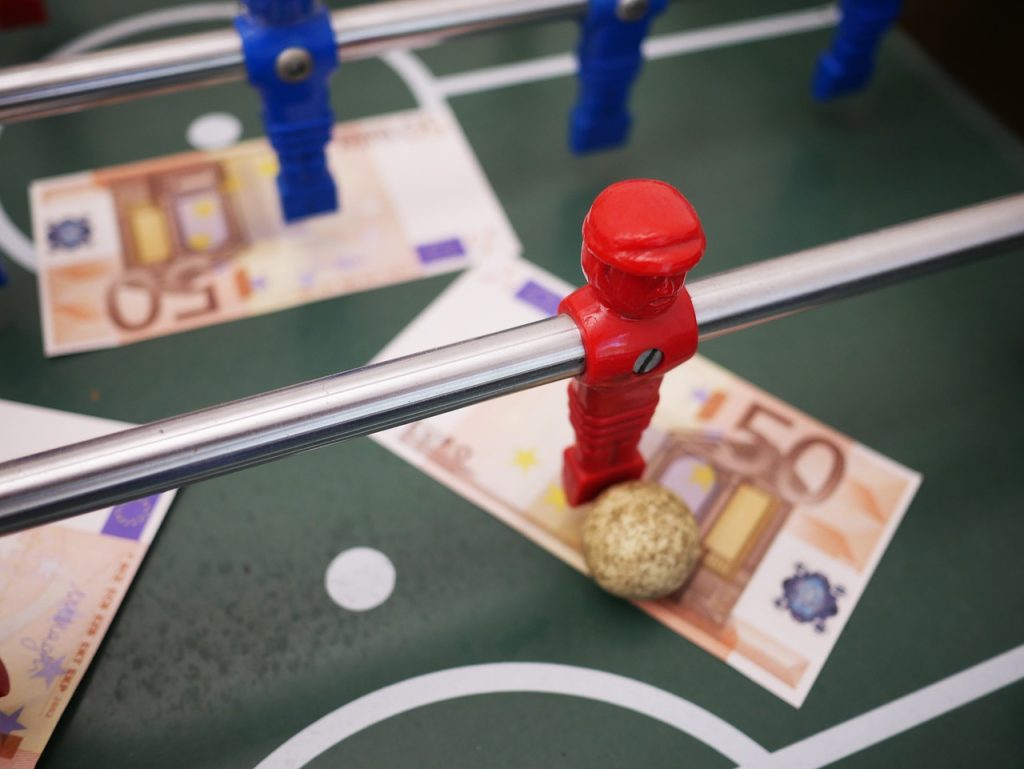1. Introduction to Poker Etiquette
Poker is not just a game of skill and strategy; it is also a social activity that involves interaction with others around the poker table. To ensure a smooth and enjoyable experience for everyone involved, understanding and practicing proper poker etiquette is essential. In this article, we will explore the dos and don’ts of poker etiquette, covering various aspects of behavior, rules, and expectations at the poker table. By following these guidelines, you can contribute to a respectful and friendly environment, enhance your own playing experience, and show respect for the game and fellow players.
1. Introduction to Poker Etiquette
1.1 Why Poker Etiquette Matters
Picture this: you’re sitting at a poker table, surrounded by players who seem like they’re in the middle of a WWE wrestling match rather than a friendly poker game. Chips are flying, tempers are rising, and you can’t help but wonder, “Where did all the manners go?”
That’s where poker etiquette comes in. It’s not just about fancy handshakes and sipping tea with your pinky up; it’s about creating an enjoyable and respectful environment where everyone can focus on the game. Whether you’re a seasoned pro or a newbie, understanding and practicing poker etiquette is crucial for a smooth and pleasant playing experience.
1.2 Creating a Positive Environment at the Poker Table
Think of poker etiquette as the social glue that holds the poker table together. It’s about fostering a positive atmosphere where players can focus on their strategies, enjoy the game, and maybe even share a laugh or two. By following a few simple guidelines, you can help create an environment where everyone feels comfortable and respected.
Remember, poker is a game that can bring people from all walks of life together. So, let’s leave the drama at the door, check our egos at the table, and let the cards do the talking!
2. Proper Conduct at the Poker Table
2.1 Respect Personal Space and Boundaries
Nobody likes a poker player who’s constantly invading other players’ personal bubbles. So, keep your hands to yourself and give others the space they need to concentrate. Avoid leaning over someone’s shoulder, resist the urge to touch their chips, and definitely don’t blow on their cards for good luck. Respect personal boundaries and you’ll be one step closer to being a poker table superstar.
2.2 Pay Attention and Stay Focused
Imagine pouring your heart and soul into a well-crafted bluff, only to have your opponent ask, “Wait, whose turn is it?” Talk about a buzzkill. Paying attention is not only polite but also crucial to keeping the game running smoothly. Don’t be that person who holds up the game because they’re busy checking Twitter or daydreaming about their next vacation. Stay focused and be present at the table, and you’ll earn the respect of your fellow players.
2.3 Avoid Acting Out of Turn
Ah, the dreaded premature action. Nothing disrupts the flow of a poker game more than a player who can’t wait their turn. It’s like trying to cut the line at the grocery store – not cool. Remember to wait patiently for your turn to act, whether it’s folding, checking, calling, or raising. Acting out of turn can give other players an unfair advantage and make you a target for some serious side-eye. So, hold your horses, wait your turn, and let the game unfold naturally.
3. Dos and Don’ts for Handling Cards and Chips
3.1 Handling Cards with Care and Respect
Treat your cards like the precious gems they are (or at least like valuable poker assets). Avoid bending, folding, or creasing them like a piece of origami art. Nobody wants to play with a deck that looks like it’s survived a tornado. When you want to peek at your cards, do it discreetly and keep them securely on the table. Remember, a poker game without intact, playable cards is like a burger without the patty – it just doesn’t work.
3.2 Proper Chip Handling and Stacking
Stacking chips, stacking lives – it’s all about organization, my friends. Keep your chip stacks tidy and easily countable, so your fellow players aren’t left wondering if you’re a secret magician performing chip vanishing tricks. When you want to bet or make a raise, do it confidently and with purpose, and don’t be that player who spills chips all over the table like they’re confetti. Neat stacks and controlled chip movements will earn you extra style points and the admiration of your peers.
3.3 Avoid Splashing the Pot
If you’ve ever watched a movie where the villain dives into a pool of money, you might think splashing the pot in poker sounds like a thrilling idea. Well, think again. Splashing the pot, which means tossing your chips carelessly into the betting pot, is a big no-no. It makes it difficult for the dealer and other players to accurately count the chips and can lead to confusion and disputes. Instead, gracefully slide your chips into the pot, giving everyone a fair shot at keeping track of the action.
4. Respectful Behavior towards Dealers and Players
4.1 Showing Respect to the Dealer
Dealers are the unsung heroes of the poker world. They keep the game running smoothly, impartially enforce the rules, and endure the occasional bad beat story. So, show some love and respect! Thank the dealer when they deliver your winning hand, refrain from blaming them for your bad luck, and don’t be that person who tips like they’re auditioning for an episode of “Scrooge’s Poker Night.” A little appreciation and a fair tip go a long way in creating a harmonious poker environment.
4.2 Being Courteous to Fellow Players
Remember the golden rule: treat others at the poker table as you’d like to be treated. Be polite, avoid trash-talking or berating other players when they make mistakes, and learn to take a bad beat with grace instead of hurling profanities across the table. Poker is a game of skill, luck, and social interaction, so let’s keep the interaction pleasant, respectful, and maybe even jovial. After all, we’re here to have fun, right?
4.3 Handling Wins and Losses Gracefully
Ah, the sweet taste of victory or the bitter pill of defeat. However the cards may fall, it’s important to handle wins and losses with dignity and class. Don’t gloat excessively when you rake in a massive pot, as it can rub salt in the wounds of those who lost. Likewise, don’t go on a verbal rampage after a tough loss, blaming the poker gods or questioning the universe’s sense of fairness. Remember, it’s just a game, and maintaining a positive attitude will not only earn you respect but also help keep the poker table a pleasant place to be.
Now that you’re armed with the dos and don’ts of poker etiquette, go forth and conquer the poker world with your charm, confidence, and impeccable manners. May the odds be ever in your favor, and may your poker table always be a beacon of camaraderie, excitement, and laughter.
5. Managing Table Talk and Conversation
5.1 Appropriate Topics and Conversation at the Table
When it comes to table talk, it’s important to strike a balance between being social and not giving away too much information. While it’s great to engage in friendly banter and get to know your fellow players, be cautious about discussing strategy or sharing too much about your hand. Remember, poker is a game of skill and strategy, so try to keep things light and entertaining without revealing your secret poker genius.
5.2 Avoiding Excessive Talking and Distractions
While some conversation is welcomed, excessive talking can be distracting and annoying to other players. Avoid engaging in lengthy discussions or dominating the table with your stories. Keep your focus on the game and respect the other players’ need for concentration. After all, nobody wants to lose a hand because they missed a crucial detail while listening to your epic tale of a squirrel stealing your sandwich.
5.3 Respecting Players’ Need for Concentration
When it comes to poker, concentration is key. Respect your fellow players’ need for focus by avoiding unnecessary distractions. Refrain from making loud noises, tapping the table, or engaging in disruptive behavior. Additionally, avoid peeking at other players’ cards or reacting dramatically to the board. Remember, poker is a battle of wits, and creating a peaceful and focused environment benefits everyone at the table.
6. Understanding Betting and Raising Etiquette
6.1 Following Proper Betting Procedures
Betting and raising are essential aspects of poker, but it’s important to follow the proper procedures to keep the game running smoothly. When it’s your turn to act, make sure to place your bets in a timely manner and announce your actions clearly. Avoid confusing gestures or vague statements that might lead to misunderstandings. Nobody wants to see a wild game of charades break out at the poker table.
6.2 Avoid String Betting and String Raising
String betting and string raising are big no-nos in poker. A string bet is when a player puts in chips in multiple motions without announcing their full bet. This can give an unfair advantage, as it allows players to gauge reactions before committing to their full bet. To avoid confusion and keep the game fair, always announce your full bet or raise before moving any chips into the pot. Let’s play by the rules and leave the magic tricks for a different stage.
6.3 Giving Clear Signals for Actions
To maintain a smooth gameplay experience, it’s important to give clear signals for your actions. Whether you’re folding, checking, betting, or raising, make sure your intentions are crystal clear. Avoid ambiguous gestures or mumbling under your breath, as these can lead to misunderstandings and unnecessary tension. Remember, we’re all here to play poker, not decipher ancient hieroglyphics.
7. Etiquette for Taking Breaks and Leaving the Table
7.1 Taking Breaks without Disrupting the Game
We all need a breather every now and then, and taking breaks at the poker table is perfectly acceptable. However, it’s important to be mindful of the game and your fellow players. When you decide to take a break, do so without disrupting the flow of the game. Wait for your turn to act, and then step away from the table. Avoid unnecessarily delaying the game or creating confusion. And please, don’t forget to wash your hands. It’s good hygiene and no one wants to handle greasy cards.
7.2 Proper Etiquette for Leaving the Table
If you need to leave the table for good, whether it’s due to a pressing engagement or fatigue from all the poker brilliance, there’s a proper way to do it. Wait for the current hand to finish, or at the very least, until it’s your turn to act. Inform the dealer and the other players that you’ll be leaving, and then make a graceful exit. Remember, there’s no need for a dramatic exit, like throwing your chips in the air while shouting, “I’M OUTTA HERE!” Just quietly say your goodbyes and leave the table with dignity.
8. Dealing with Disputes and Conflict Resolution
8.1 Resolving Disagreements with Calm and Respect
Disputes can sometimes arise at the poker table, but it’s crucial to handle them with poise and maturity. If you find yourself in a disagreement, remain calm and respectful. Avoid personal attacks or aggressive behavior. Instead, try to discuss the issue rationally and find a solution that benefits everyone involved. Remember, we’re here to have fun and enjoy the game, not engage in verbal sparring matches.
8.2 Getting Help from the Dealer or Floor Manager
If a disagreement becomes too heated or you’re unable to find a resolution on your own, don’t hesitate to seek assistance from the dealer or floor manager. They are trained professionals who can help mediate the situation and ensure fairness. They are like the poker superheroes, swooping in to save the day (or hand) and restore order to the table. So, when in doubt, call for backup and let the professionals handle it.In conclusion, adhering to proper poker etiquette is crucial for fostering a positive and enjoyable atmosphere at the poker table. By respecting the rules, treating fellow players with courtesy, and conducting oneself in a professional manner, you not only enhance your own experience but also contribute to the overall enjoyment of the game. Remember, poker is not just about winning; it is about camaraderie, sportsmanship, and the shared love for the game. So, the next time you sit down at the poker table, keep these etiquette tips in mind and play your hand with both skill and grace.
FAQ
1. Is poker etiquette only important in professional settings or tournaments?
Poker etiquette is important in all settings, whether you are playing in a professional tournament or a casual home game. Respecting the game, the rules, and the other players is a fundamental aspect of poker etiquette that should be practiced at all times.
2. What should I do if I encounter a player who consistently violates poker etiquette?
If you encounter a player who consistently violates poker etiquette, it is best to address the issue calmly and respectfully. You can politely remind them of the proper etiquette or, if necessary, bring the matter to the attention of the dealer or floor manager who can handle the situation appropriately.
3. Are there specific cultural differences to consider in poker etiquette?
Poker etiquette may vary slightly across different cultures and regions. It is always helpful to be aware of any cultural nuances or specific customs related to poker etiquette in the area where you are playing. When in doubt, observing the behavior of other players and adapting accordingly is a good approach.
4. How can practicing good poker etiquette improve my overall game?
Practicing good poker etiquette not only creates a more pleasant playing environment but can also have a positive impact on your overall game. By maintaining focus, treating others with respect, and avoiding distractions, you can enhance your concentration and decision-making abilities. Additionally, displaying good sportsmanship and professionalism can improve your reputation at the table, potentially influencing how other players perceive and interact with you.








Facebook Comments